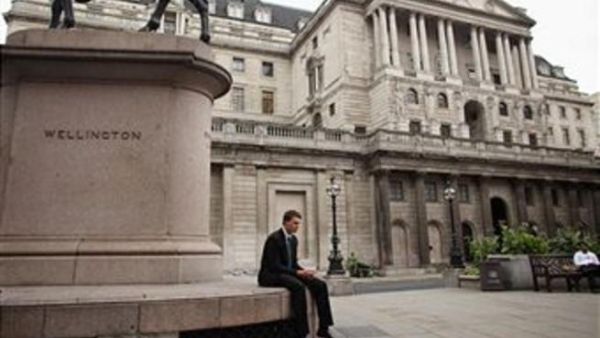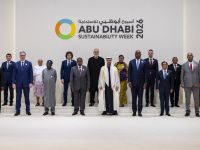The global economic recovery continues to be very fragile, thanks to the problems in Europe as well as high oil prices. Sustaining the recovery over the longer term will not be easy. Most rich nations have begun cutting their fiscal deficits. Deleveraging continues. Each of these forces will weigh down on global growth.
The new World Economic Outlook released by the International Monetary Fund on Monday has a tone of cautious optimism. Christine Lagarde, the managing director of the multilateral lender, has in a recent speech described 2012 as a year of healing.
That is fair description. But the key question is how long the healing process will carry on? Will we see a proper recovery in the near future? The emerging markets have done a better job in bouncing back from the lows of early 2009 but the recovery in the rich economies has been one of the weakest since 1945. The two-speed global economy has managed to stay on course, but we cannot help wondering whether a truly integrated global economy can actually recover in this disjointed manner without opening up new structural flaws.
For example, one obvious worry is the ability of Asian economies to maintain export growth while Europe struggles. Neither is the effect of bank deleveraging on Asian economies very clear, though global agencies insist it is not a source of major financing worry.
So it is in the long-term interest of the economies that have emerged out of the woods to be part of a coordinated global response to these problems. That is easier said than done, with all the major players -- the US, China and Germany in particular -- having enough worries on their own. The major economies had managed to agree on a common plan during the worst months of the financial crisis because panic acted as glue. Now there is less incentive to hold a global agreement together.
Many of these worries will rub off on India as well, especially since the large fiscal and current account deficits make us vulnerable to a global shock. Though the IMF is predicting that 2013 will be a slightly better year than 2012, the lack of enough room for policy makers to maneuver and the lack of progress on the structural reforms front do not help. India is likely to go for a slightly tighter fiscal policy and a slightly looser monetary policy in the coming months, but there is still not enough being done to push up growth and build more robust defenses against fresh global shocks.









